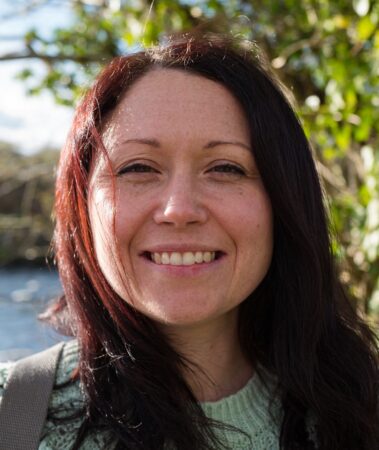Home News & Views What would the impact be on a bigger scale?
What would the impact be on a bigger scale?
 Grace Cook, FoNS Person-centred Practice Facilitator
Grace Cook, FoNS Person-centred Practice Facilitator
Between 2022 and 2023, Health Education England (now part of NHS England) commissioned the largest resilience-based clinical supervision programme we had ever done (at the time!) Our aim was to recruit up to 144 champions of RBCS across the south-east who would then cascade RBCS to their colleagues in practice.
I’d like to start this blog by thanking Sue Hill, who came out of retirement to manage this project and not only has it been a joy for me to work with Sue and learn from her incredible experiences, skills and knowledge, she was pivotal to the success. We also had an external evaluation completed by Alex Braddell (thank you Alex!) and Sue and I have recently been reflecting on this.
A total of 156 health and social care professionals registered for the programme over the year. This included nurses, midwives and allied health professionals, most of whom were in educational and/or managerial roles. This required very little advertising on our part. We were, and remain, astounded by response across the South East. Most registered because they wanted to make a change, to improve the quality of support they were able to provide to colleagues. This mirrors the prioritisation of support that we are seeing across the system. We had a really high completion rate as well, 98% of those registered completed the full programme.
Reading the evaluation, it is clear that it was not only the content related to RBCS that participants valued, but also facilitation skills in general. They also valued the chance to connect with others. As Sue and I reflected, we spoke of the benefit of mixed groups of participants from different organisations, roles and professions within the cohorts. This was a really positive aspect for us and it felt that it was well received by participants. The key learning being that we may work in different places and have different roles but we experience similar challenges and this can give a sense of cohesion, belonging and improve team working. How amazing would it be if this could commence from right at the start of the university journey of all professionals!
In terms of cascading, we continued, after the last cohort finished in May 2023, to facilitate a community of practice. Participants shared how their learning had impacted and this continued even after the end of the programme, having an ongoing impact on them and their colleagues. I recall someone sharing that they had started using a technique with their colleagues and the whole team were working better together. Sometimes even the smallest changes can make a big difference to people’s days!
Despite these changes, 141 completed participants is a very small proportion of the South East health and social care professionals. I wonder what the impact would be on a larger scale!
You can read a summary of the report on our website. If you would like to read the full report completed by Alex then please contact us at [email protected]
Comments are closed.

